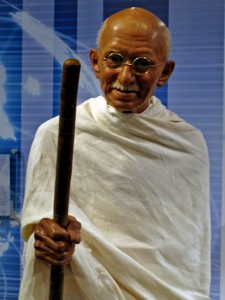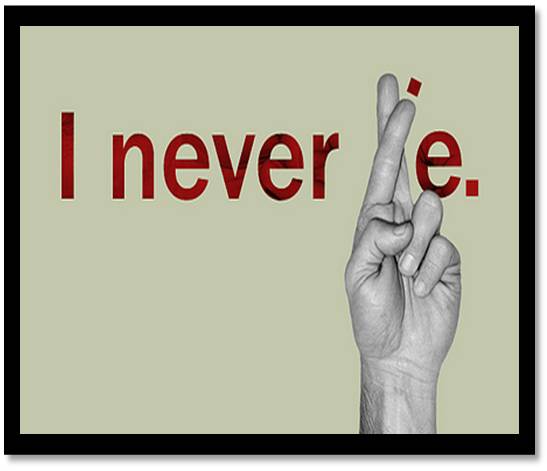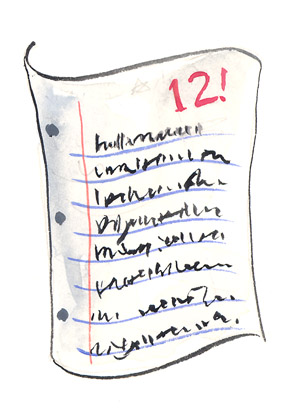 Looking for more help? Check out 30 More SAT Essay Examples To Use, as well as my Guidebook To Writing The SAT Essay!
Looking for more help? Check out 30 More SAT Essay Examples To Use, as well as my Guidebook To Writing The SAT Essay!
So I had a great idea! I’m starting a new feature on the blog, which is: the analysis of specific people, places, events, literature, and the like that can be used to great effect for SAT essay evidence.
I’m not going to go into why this is so important right now in this post, but it is definitely important to go into the SAT essay with some impressive-sounding evidence that you know a little bit about!
(By the way, don’t forget to master some cool SAT-level vocabulary to improve your writing skills as well!)
Today’s focus for great SAT Essay evidence is the Indian Independence leader and non-violent protester Mohandas Gandhi, also known as “Mahatma” or “Great Soul.”
Let’s get ten FACTS about Gandhi that might be relevant to an SAT essay prompt:
- He was, and still is, known as a great political and spiritual leader, and was the public face of the Indian independence movement in the early 1900s
- The Indian people were tired of being a colony of Great Britain; this was the climate in which Gandhi came of age
- He originally studied to be a lawyer; his attempt to open a private practice failed (this occurred before he became a legendary leader)
- Gandhi promoted non-violent protest (Bonus points: it was known as satyagraha) and has been an continuing inspiration to later non-violent political movements and protesters
- He believed in self-mastery as the route to power (no alcohol, no sexual relations, no meat, not giving into violent urges, etc)
- Much like Rosa Parks, Gandhi refused to give into racial oppression in public transportation: he refused to move from an upscale first-class train cabin to a third-class cabin and was thrown off the train. Later, he refused to give up his seat on a stagecoach to a European passenger of higher social rank, and was beaten for sticking to his principles
- As his reputation grew, he successfully urged his people to boycott British products and disobey British Colonial authorities
- He was jailed for two years by the British for his leadership role in the rebellious acts of the Indian people
- In 1930 Gandhi led one of his most spectacular protests, the “Salt March,” in which thousands of Indians walked to the sea and made salt by hand, directly disobeying British law and sending a clear message about their opinion of the British taxation. Salt was a symbolic choice, because it is used daily by almost everyone on the planet.
- He was assassinated in 1948 by a renegade Hindu nationalist who disagreed with Gandhi’s political objectives and methods (the details are unimportant for an SAT essay; you just need to know that he was murdered for his beliefs)
Now let’s think of five SAT Essay THEMES that Gandhi could be connected to:
- Failure comes before success (his private law practice failed before he became a great leader)
- Self-sacrifice as a characteristic of leadership and/or greatness (Jail time, assassination)
- Self-mastery, also as a characteristic of leadership and/or greatness (Controlling violent urges, giving up alcohol, meat, sex)
- Sticking to your principles (Thrown off the train/beaten/jailed for standing up to his “superiors”)
- Achieving change/progress (He used non-violence, and also unified various groups of people, to accomplish his goals)
This is how you should break down all of your pre-prepared SAT Essay examples.
If you do this kind of analysis on about three to six (contrasting) famous people, historical and current events, works of literature, etc, and you also include some time building your SAT vocabulary, you will be set to tackle ANY SAT essay topic.
Gandhi is a great source of examples for many SAT essay prompts and one of the people that I recommend to every student.
Although some complain that “he’s not a very original example,” that’s not the point. You get no points for “originality” or “creativity.” Much better to master the “classic” examples and learn how to use them in multiple situations.
Feel free to steal, plunder, copy, and rob my dissection of Gandhi for your essay! JUST MAKE SURE YOU SPELL HIS NAME CORRECTLY: “GAND-HI,” not “GHAND-I.” I make that mistake every time :)
Get Exclusive SAT Prep Tips!
I want to send you more tips to help your SAT score, but I need your email address to stay in touch. Enter your email below so I can send you my reports on the SAT and other subscriber-only bonuses.
Further Reading:
What is the SAT Essay?
Secrets of SAT Essay Prompts
Top 10 Tips for the SAT Essay
Top 5 Historical Examples for the SAT Essay
Top 5 Literature Examples for the SAT Essay
SAT Essay Evidence: Joseph McCarthy
SAT Essay Evidence: Nicolaus Copernicus
How to Write (and Ace) the SAT Essay
Additional Resources:
Top 30 Examples to Use for the SAT Essay (e-Book)
Write the Best SAT Essay of Your Life: A Guidebook (e-Book)
Conquer SAT Vocabulary (Video Course)
Before you leave today, be sure to join my SAT email list for subscriber-only bonuses like the Urgent Report on SAT Critical Reading and other exclusive content!


















I cut and pasted 144 common themes in literature onto a word document. and have been entering books/ people events underneath. Am working to include relevant vocab words (no more than 5) and one or two short quotes.
I love this idea! Especially the relevant vocabulary word selection – I remember making use of this trick myself when I was in high school, and found it very handy to have already prepared the “$500 words” that I was going to use to impress the grader… sneaky, perhaps, but I think it definitely works :) hehehe
Great! I would pay for such info!